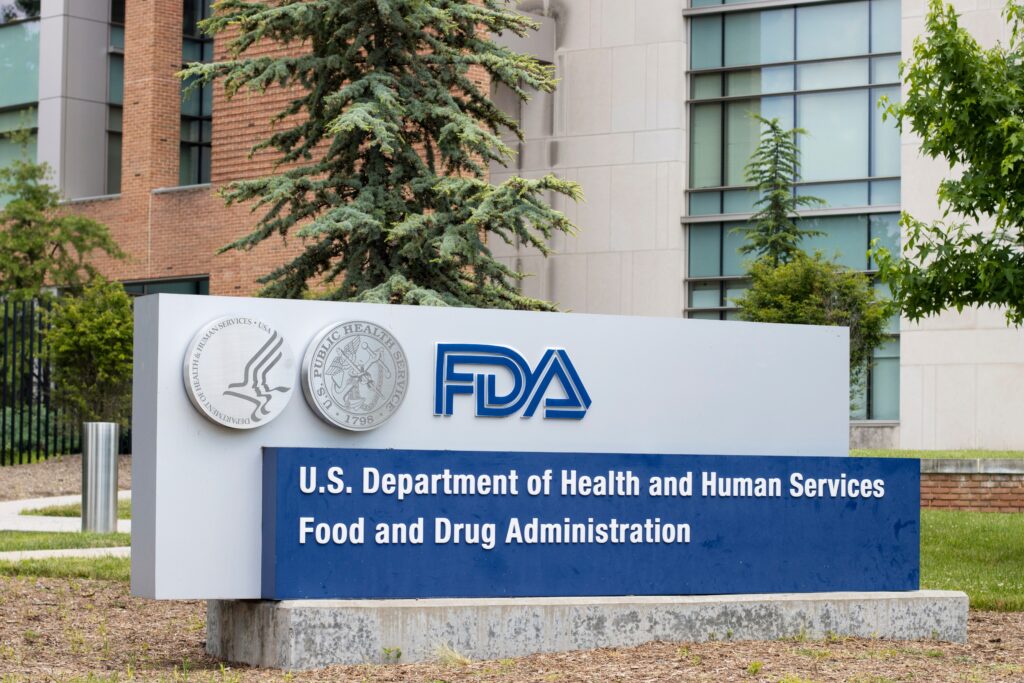The US Food and Drug Administration (FDA) has approved ensartinib, a next-generation anaplastic lymphoma kinase (ALK) inhibitor, as a first-line treatment for patients with ALK-positive locally advanced or metastatic non-small cell lung cancer (NSCLC).
Ensartinib’s approval, granted under the commercial name Ensacove, was awarded to Xcovery Holdings, a subsidiary of China’s Betta Pharmaceuticals.
ALK-positive NSCLC is a subset of lung cancer driven by genetic rearrangements in the ALK gene. These mutations promote uncontrolled cell growth, making the condition particularly challenging to treat.
ALK-positive NSCLC is estimated to account for about five percent of all NSCLC cases. Despite the availability of ALK inhibitors, resistance to therapy and disease progression remain significant challenges.
Ensacove is a second-generation ALK inhibitor, superior to Pfizer’s first-generation Xalkori (crizotinib).
However, it isn’t the only one with demonstrated superiority over the first gen given that the ALK inhibitor space is quite crowded.
It includes Roche’s Alecensa (alectinib), Takeda’s Alunbrig (brigatinib) and Pfizer’s third-generation Lorbrena (lorlatinib), which have all surpassed Xalkori in performance, leading to their respective FDA approvals for first-line treatment. Novartis’ ALK inhibitor offering Zykadia (ceritinib) received first-line treatment approval in 2017 following a comparison with chemotherapy.
Ensartinib targets ALK rearrangements with enhanced potency and specificity, even in cases resistant to earlier-generation ALK inhibitors. Its ability to penetrate the blood-brain barrier is notable, as brain metastases are a common complication in ALK-positive NSCLC.
Ensartinib was first approved in China in 2020 under the trade name Beimeina. It made it to the first-line setting in 2022.
The FDA’s approval of ensartinib was based on data from the pivotal eXalt3 study involving 290 patients, which compared it to crizotinib.
In the study, ensartinib significantly improved progression-free survival (PFS) in patients, reducing the risk of disease progression or death by 44 percent. Median PFS was 25.8 months for ensartinib compared to 12.7 months for crizotinib.
The intracranial response rate, as confirmed by a blinded independent review committee, was 63.6 percent (seven out of 11) for patients treated with ensartinib compared to 21.1 percent (four out of 19) for those receiving crizotinib, among patients with target brain metastases at baseline.
Results from the drug’s first-line eXalt3 study were published in JAMA Oncology over three years ago.
Roche’s Alecensa is the current ALK inhibitor market leader.
It entered the first-line ALK treatment landscape seven years ago following the Phase III ALEX trial. The trial demonstrated that Alecensa reduced the risk of disease progression or death by 47 percent compared to Xalkori.
This figure later increased to 57 percent in the trial’s final PFS analysis. Although overall survival data remained immature at that time, it indicated Alecensa had an improvement trend of 33 percent.
In the first nine months of 2024, Alecensa generated 1.15 billion Swiss francs ($1.28 billion) in sales, while Pfizer’s Lorbrena reached $538 million and Takeda’s Alunbrig brought in 25.6 billion Japanese yen ($163 million).
According to Fierce Pharma, Betta’s total revenue during the same period was 2.34 billion Chinese yuan ($321 million), derived from five products, including ensartinib in China.
If you want your company to be featured on Xtalks.com, please email [email protected].












Join or login to leave a comment
JOIN LOGIN